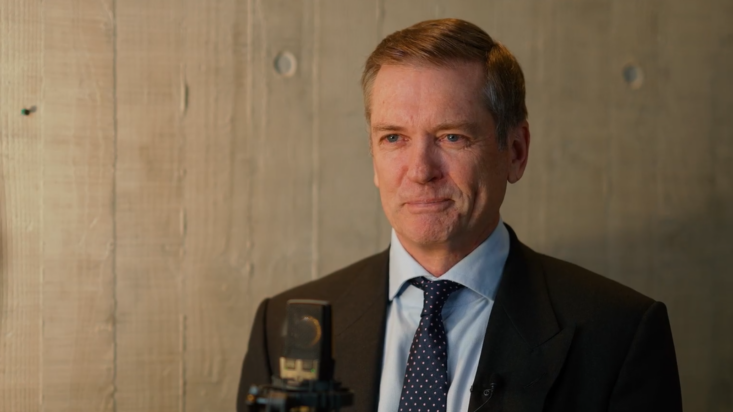‘Macro distraction’ is why fundies don’t perform: PM Capital
The failure of most fund managers to beat the benchmark in recent years has been attributed to several factors by pundits. The Magnificent Seven tech stocks have absorbed the lion’s share of gains, some say, while others point to the instability of the global interest rate environment or capital markets warped by index investing.
According to one fund manager, it’s not these kind of factors on their own that lead to underperformance. What matters is the fact that money managers and investors are distracted by them.
On a recent webinar by value investors PM Capital, founder and chief investment officer Paul Moore compared the group’s two equities funds, the PM Capital Global Companies Fund and the PM Capital Australian Companies Fund – which have returned 10.4 per cent and 10.9 per cent per annum since inception – to the broader active equity universe.
“I put those numbers in the context of an industry where 90 of participants really fail to add any true value on a sustained basis,” he said. “And if you ask yourself why, we would argue [that] macro distraction is probably the biggest reason.”
The CIO then expounded on some of the distractions pulling fund managers away, including fundraising and “worrying about the economy”, before highlighting the effect nervous or near-sighted clients can have on the resolve of a fund manager.
“What I’ve heard from advisers and asset consultants over a long period of time is that typically they would suggest their clients lack the patience or tolerance for short-term fluctuations,” he said. “You can see with the long-term numbers that the cost of that’s actually quite high.”
Fundamentally, however, Moore believes that the biggest problem fund managers face in terms of achieving above-benchmark returns is a lack of focus and discipline. More often than not, he explained, the distractions aren’t even particularly new or relevant.
“We could talk all day about the abundance of market noise that’s out there, but the reality is that what we’re seeing in the papers today is really just the re-emergence of all the issues that we raised five years ago,” Moore said.
“We all know debt exploded with zero rates, and… inflation was inevitable as governments would not cut spending,” he said. “So it’s no surprise to us.”
Money managers need enough patience to let cycles work through to completion, he explained, instead of being spooked by issues on the side and narratives that may seem compelling but prove ultimately irrelevant. He called it “the discipline to let investment themes play out to their ultimate conclusion”.
“Most of our investments typically play out over seven to ten (plus) years,” he said. “We’re only three to four years into that investment cycle.”










